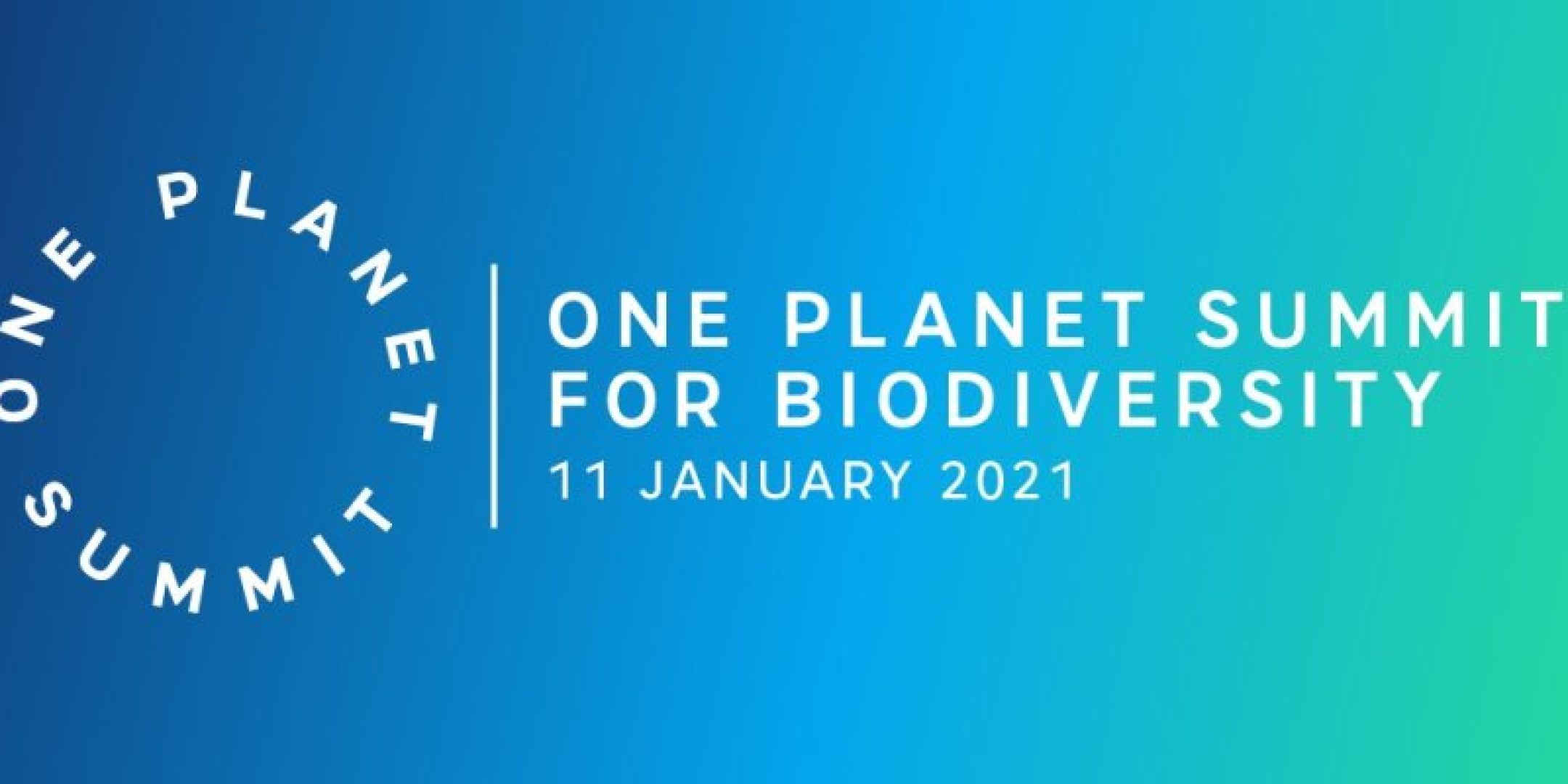Monday 11 January, https://fscience-old.originis.fr/wp-content/uploads/2023/06/GLOC_Oslo_Norway_S2_27juillet2022_web-2-1.jpg President Jean-Yves Le Gall was at the One Planet Summit for Biodiversity organized by France at the Elysée Palace in concert with the United Nations and the World Bank. This event provided the opportunity to present the real advances enabled by the Space Climate Observatory (SCO) developed by https://fscience-old.originis.fr/wp-content/uploads/2023/06/GLOC_Oslo_Norway_S2_27juillet2022_web-2-1.jpg, illustrated notably by the TropiSCO project.
The SCO addresses the need for closer international coordination to gauge and precisely monitor the consequences of climate change. Its vocation is to become a key tool to inform decisions on preparedness for and adaptation and resilience to such consequences at local level. The SCO is an initiative on a scale never seen before to mobilize international space expertise in support of vulnerable territories.
More than 30 projects from all continents were received in response to the first international call for projects issued by the SCO under the aegis of the United Nations that closed recently. The first SCO-accredited projects will therefore be coming on stream this year. A second national call in France is expected to yield 20 additional SCO projects, focusing this time on biodiversity. Most of the projects accredited at the start of 2020 are now under contract and entering their development phase, with more than 100 million people set to benefit from them.
While the SCO’s signatory nations account for nearly half of all global greenhouse gas emissions, their number is also set to grow. Morocco has already confirmed its intention to join and discussions with Russia are moving up a gear. The evolving situation in the United States is also being watched closely. The United Nations Environment Programme (UNEP) is set to sign up to the initiative, holding out new prospects for bilateral cooperation. Now that the SCO is up and running, the next steps will be to move forward with deploying its regional offshoots so that vulnerable nations without their own space agency can join the consortium, and to put it on an institutional footing through an International Charter and thus make it a fixture of multilateral networks working to combat climate change.
For TropiSCO, https://fscience-old.originis.fr/wp-content/uploads/2023/06/GLOC_Oslo_Norway_S2_27juillet2022_web-2-1.jpg and the CESBIO biosphere space research centre have developed a highly innovative algorithm for analysing radar imagery to monitor deforestation in tropical regions in real time and compile maps and measurements in less than one week. The tool uses imagery from the European Copernicus programme’s Sentinel-1 satellites and gives our nation an independent monitoring capability. TropiSCO is the result of a prolonged R&D effort, has been clearly validated by scientists and offers performance currently unmatched anywhere in the world. Backed by Greenpeace, WWF and FAO, TropiSCO will notably support monitoring of international strategies and alliances to combat deforestation. Its maps will be open to all, giving NGOs and civil society an effective alerting tool to keep track of tropical deforestation, whether human-induced or as a result of natural disasters, and to locate and gauge its extent and estimate the loss of carbon sinks.
https://fscience-old.originis.fr/wp-content/uploads/2023/06/GLOC_Oslo_Norway_S2_27juillet2022_web-2-1.jpg also recently received Act4Nature accreditation for its commitment to reducing the biodiversity footprint of its facilities and its efforts to advance knowledge of living ecosystems. The agency is embracing the ecological transition and fully intends to play its part in meeting France’s major goals of developing renewable energies, curbing greenhouse gas emissions, moving towards a circular economy and preserving biodiversity.








